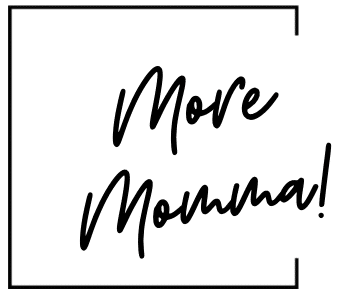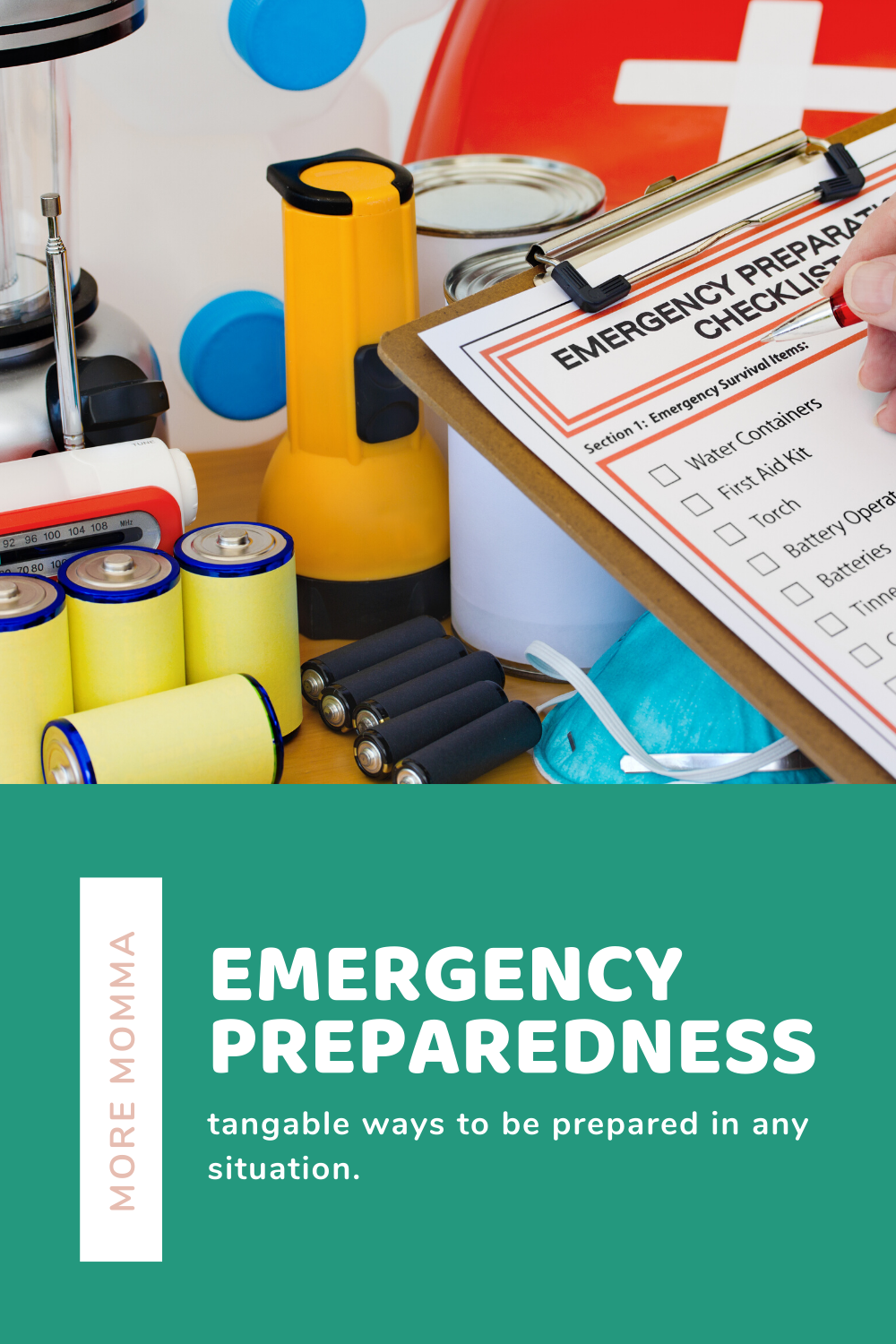Coronavirus? Hurricane? Water main break? Don’t panic, but do prepare…. Here are my tips on how to prepare for any emergency.
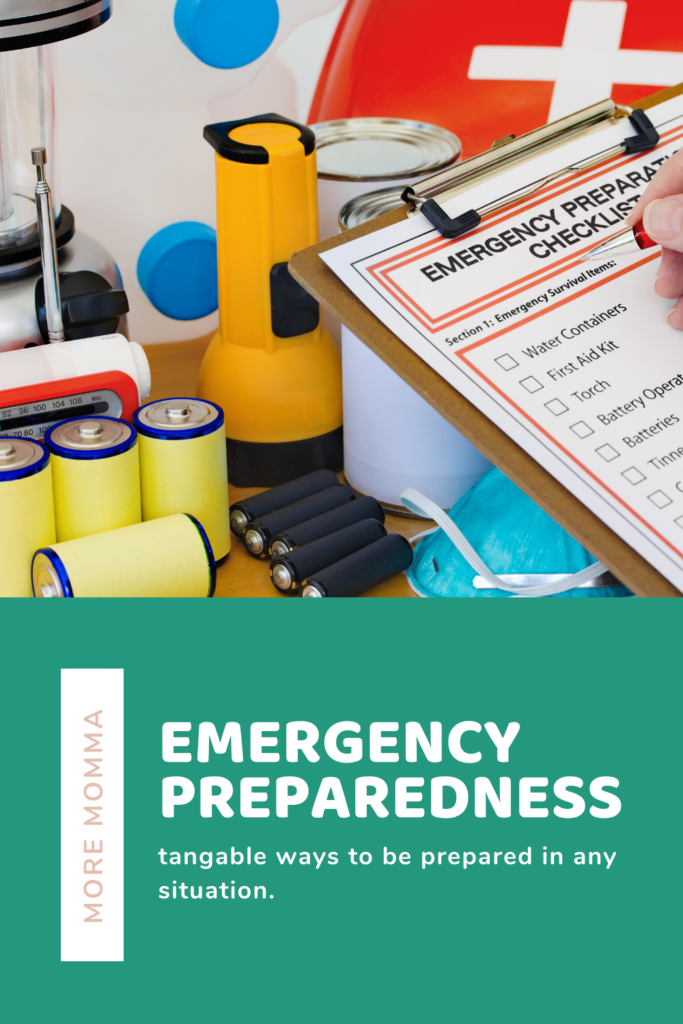
Let me preface this post with the fact that this is not in any way meant to instill fear! It is actually meant to do the complete opposite!
I want you to feel prepared for whatever may come your way. Because when we feel prepared we don’t have to live in fear.
It may seem like a daunting task to make emergency preparedness a priority, but if a natural or man-made disaster strikes, preparedness for emergencies can make all the difference for you and your loved ones. It does’t have to be complicated or expensive either.
Why am I talking about emergency preparedness on a food blog?
- Because emergencies, whether natural or man-made, are inevitable.
- Because during a crisis, you’re less likely to think of what you need to survive.
- Because it is that important to be prepared.
- Because food is a big part of being prepared- we have to eat don’t we?
COVID-19, commonly referred to as Coronavirus, is all the rage these days, and not in a good, trendy way. Everyday, new statistics of cases or fatalities are mentioned by every broadcaster.
Thankfully, my family and I have been blessed to remain healthy as this viral epidemic continues to spread internationally. Sadly, many have not been so lucky. Thousands of people across the U.S. and world are now scrambling to prepare in case their city or town is affected.
Access to everyday essentials is limited and now excruciatingly expensive. Many grocery shelves are bare. People are concerned about their access to the basics. Toilet paper and hand sanitizer have become the number one priority and can’t be found anywhere.
This is when preparation comes into play, the “why” behind emergency preparedness.
I like to think of getting ready for emergencies as something similar to catering or hosting a dinner party—something I definitely know how to do—and of which I have identified 4 steps to simplify the process.
Step 1: Plan
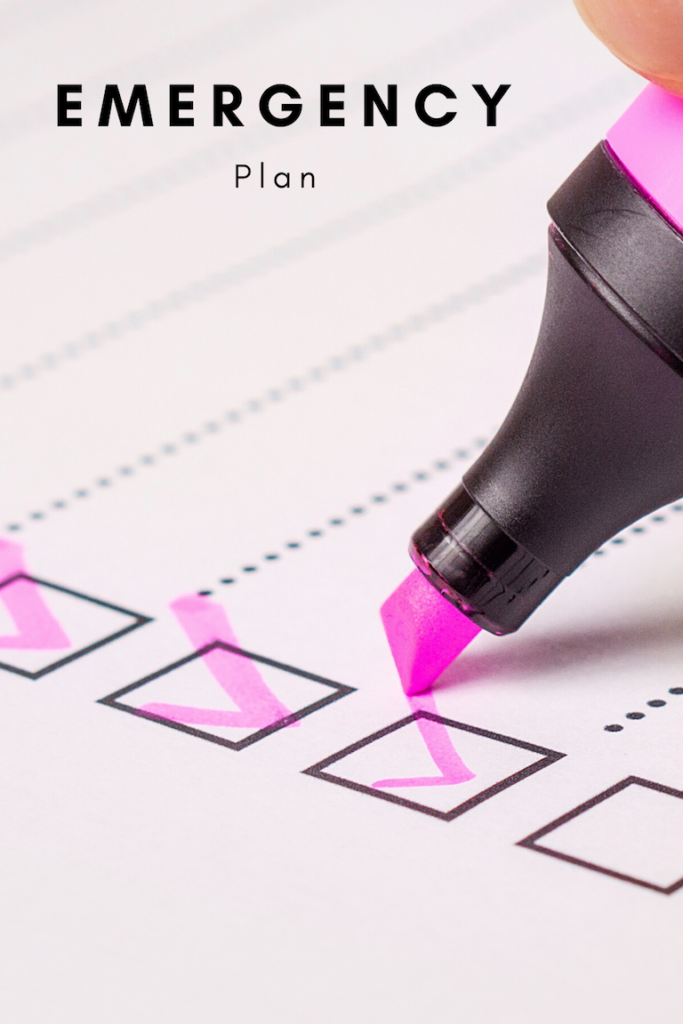
Planning is essential for party planning and catering. It’s actually the one thing I spend the most time doing when I host or cater an event. While I suppose it’s possible not to plan, the end result will typically be less than stellar.
The same goes for emergency preparedness. It is critical and crucial to prepare and plan prior to an emergency to avoid additional stress and chaos.
Plan the things you will need and even the things you think you won’t need.
Step 2: Acquire
Planning will be your first and only step if you don’t follow through and put your plan into action. Isn’t that true for most things in our life, though?
Before I begin preparing food, I look in my pantry to see that I have everything I need. Seriously, I can’t tell you how helpful it has been to have the basics stocked in my pantry when I’m hosting or even for those times when I change my mind about dinner.
Check out these staples that I keep in my pantry: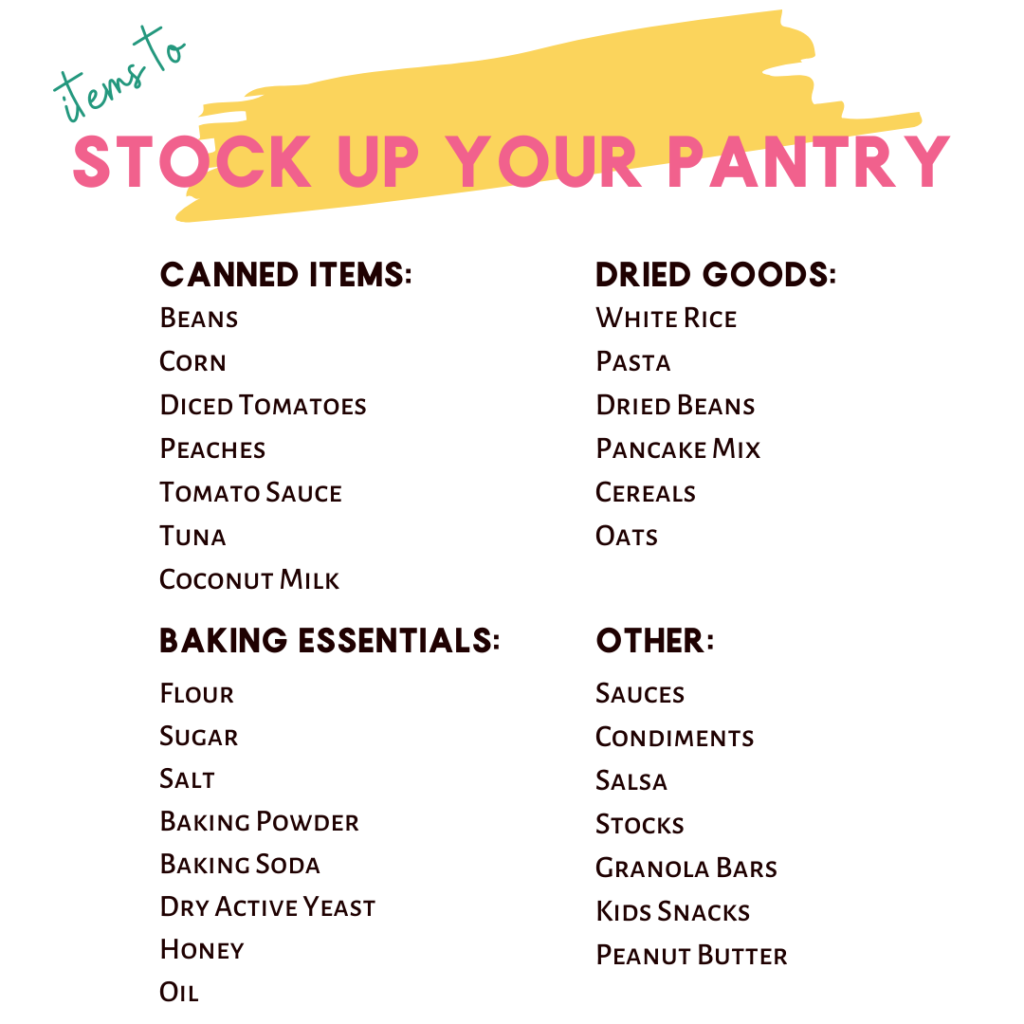
Just make sure you acquire food that your family actually likes and make sure you have a way to make the food in different situations. For example if you don’t have power you can to use a portable gas stove or BBQ. And if you are stockpiling things like pasta or rice make sure you have enough water to cook these items in addition to drinking water.
How to budget for food storage:
Think acquiring the things you need requires a large upfront budget? That might be true if you purchase everything at once. However, it doesn’t have to be that way.
Knowing what things you need to purchase and then pricing out items at various stores will help you to easily and affordably stock up on emergency supplies each month. I like to also just buy one item every time I am at the store. Think of buying an extra jar of peanut butter when they are on sale or buying the two pack of rice instead of a single pack.
Items to have on hand:
What things should you purchase? The Department of Homeland Security provides a great, in-depth list of supplies needed for a basic 72-hour disaster kit, but here is a quick recap:
- Water – one gallon of water per person per day for at least three days, for drinking and sanitation
- Food – at least a three-day supply of non-perishable food, including foods you’ll eat
- Battery-powered or hand crank radio and a NOAA Weather Radio with tone alert
- Flashlight
- First aid kit
- Whistle to signal for help
- Moist towelettes, garbage bags, and plastic ties for personal sanitation
- Manual can opener for food
I would also add the following:
- Cards or kids games to keep them occupied
- Any medications you may need
- A watch
- An extra pair of clothes for each family member including shoes
- Photocopies of Important information (identification cards, credit cards, ect)
- Stuff for baby if you have one (diapers, wipes, formula, baby food, Pajamas)
- Supplies depending on your climate (blankets, hats, gloves)
Check out my friends post on the top 100 items that disappear first in a national crisis.
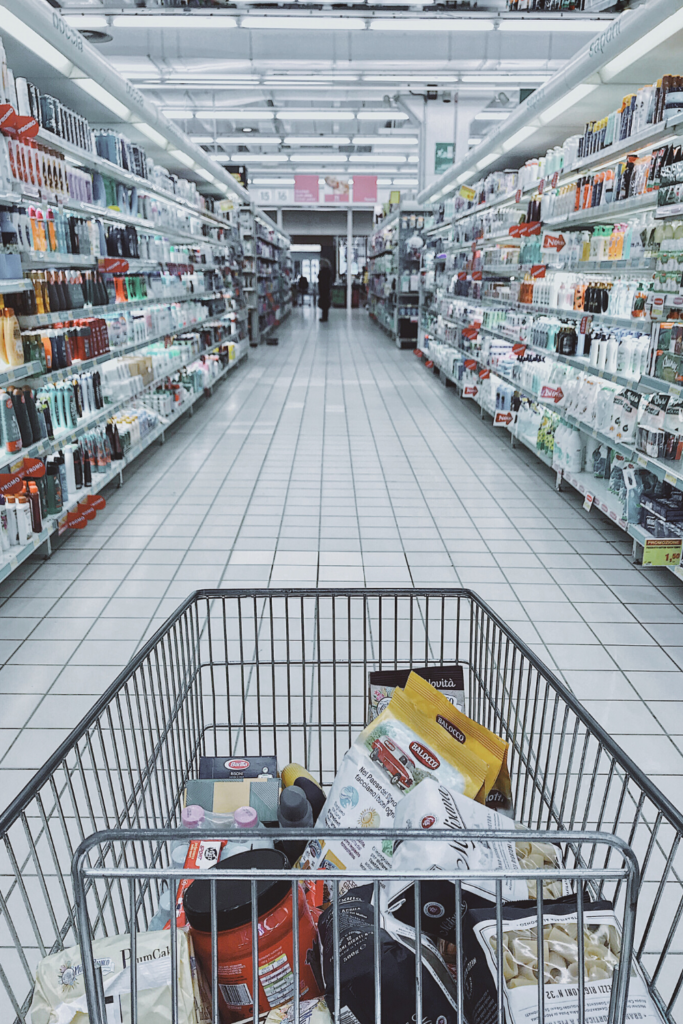
Step 3: Practice
Practice, practice, practice! Practice your preparations before the big event, whether that’s hosting a party or experiencing a natural disaster. I love hosting and catering, but those skills still needed to be refined, and that came with practice.
The same concept can be applied in the same way for emergency preparedness. Remember growing up with fire, earthquake, or other disaster drills? Practicing with your emergency supply is like those same drills.
Learn the best methods for cooking your food. Learn how to use and prepare the foods you have stored, and rotate them often. Walk through your home evacuation plan prior to any disaster.
In our family we do emergency trial runs with our kids, even though they are still young. We go through the “what ifs” for fires, earthquakes (hello, California!), and other important disasters. Better to be prepared than not!
Step 4: Relax
This is my favorite time! Seeing smiles on peoples faces when catering or as a hostess is the time I enjoy most.
It is then that the preparations, shopping and organizing, and hours of practice pays off. I am able to enjoy those moments and not feel frazzled during the hustle and bustle.
Friends, preparing for an emergency can be just as rewarding!
When an emergency occurs, and at some point it will, you will feel less frazzled because you are prepared.
You will feel grateful that you have food and clean water stored, and that you know how to make a meal from those ingredients (albeit different from the norm).
My challenge to you is to start preparing for an emergency! Or if you already do, review what’s in your emergency kits and pantry, and then make a plan!
Now take a deep breath because the best thing you can do is simply just to be prepared.
xoxo,
Meg
